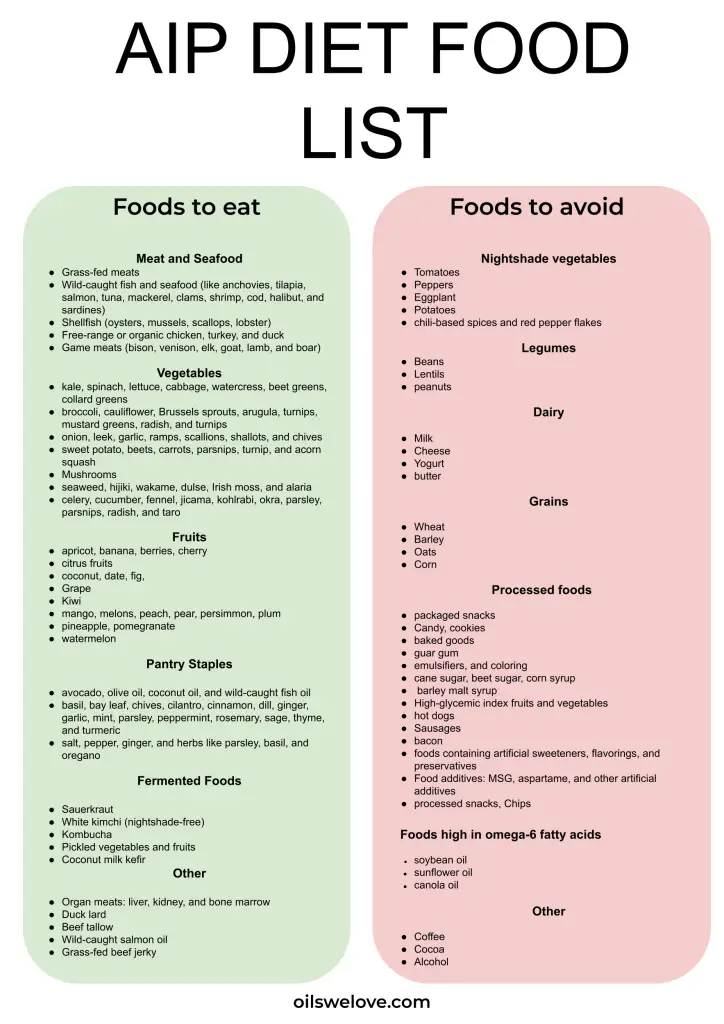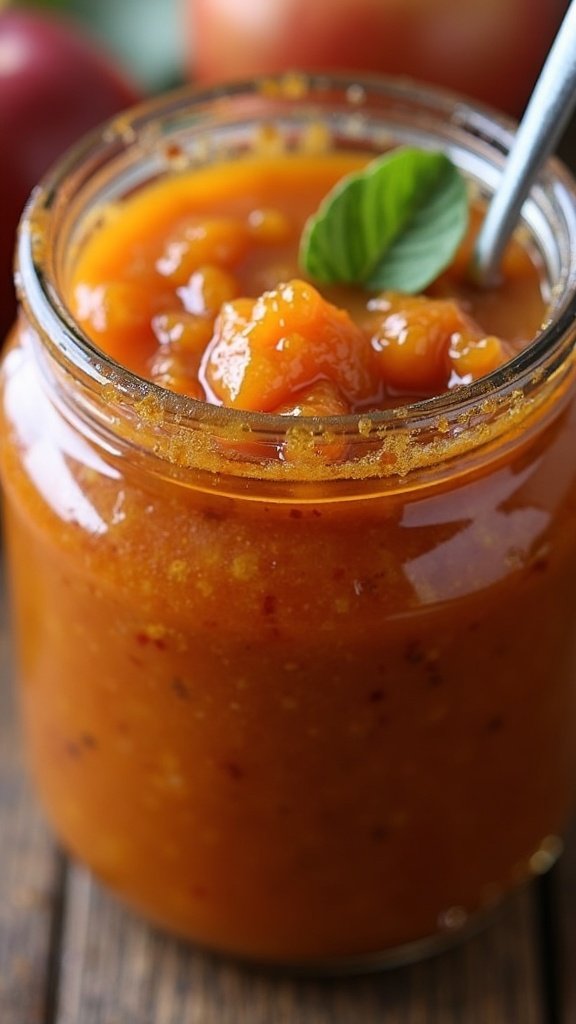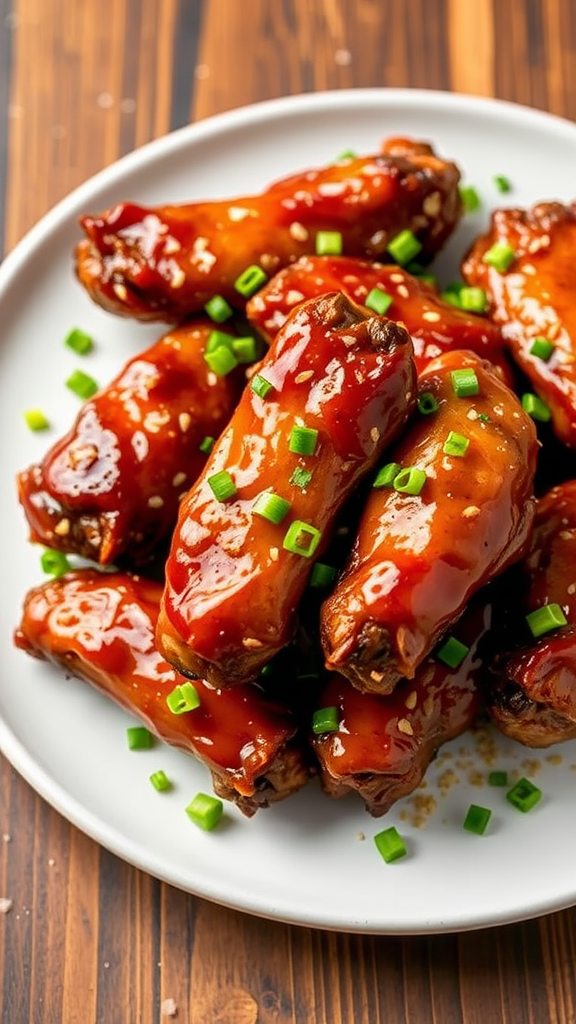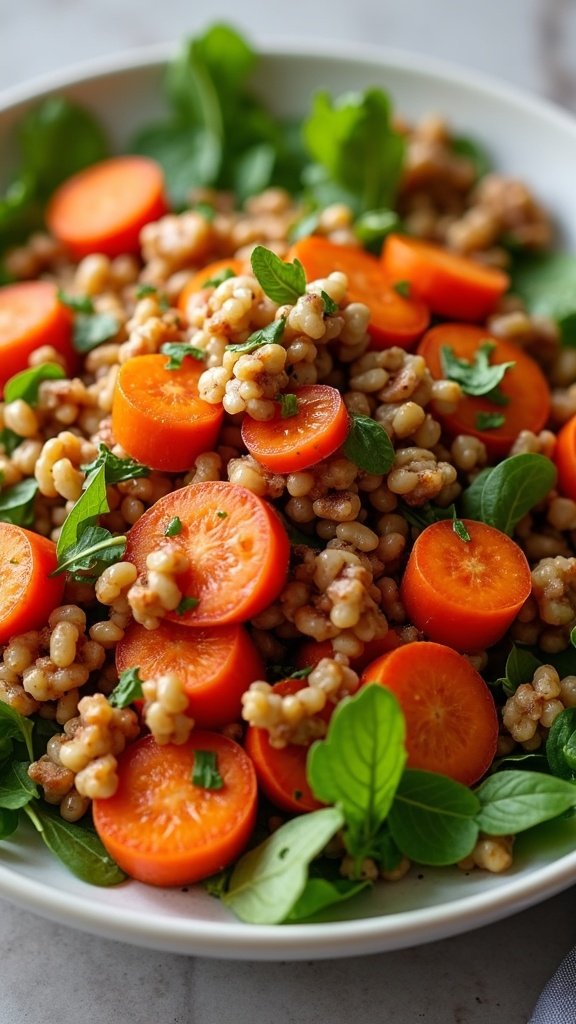AIP Diet Food List: Fresh Ideas for Your Health
About 50 million Americans, which is 20% of adults, suffer from autoimmune diseases. These diseases make the immune system attack the body by mistake. This leads to long-term inflammation and health problems. If you’re struggling with an autoimmune condition, the AIP diet may help you feel better.
Key Takeaways:
- The AIP diet is a specialized protocol designed to provide relief for individuals with autoimmune diseases.
- It focuses on reducing inflammation in the body to promote healing and overall wellness.
- By following the AIP diet, you can incorporate healthful options into your meals and rejuvenate your lifestyle.
- Consulting with a healthcare professional is essential before starting the AIP diet to personalize it according to your specific needs and preferences.
- Stay tuned as we share a comprehensive AIP diet food list and provide fresh ideas for your health journey.
Understanding the AIP Diet
The AIP diet, or autoimmune protocol, is a short-term plan. It helps lower inflammation and aids healing in people with autoimmune diseases.
This diet focuses on what you eat. But it also tells us that managing stress, infections, and changing lifestyle habits are key. The food we eat has a big impact on our bodies, so the AIP diet lists what foods to eat and avoid.
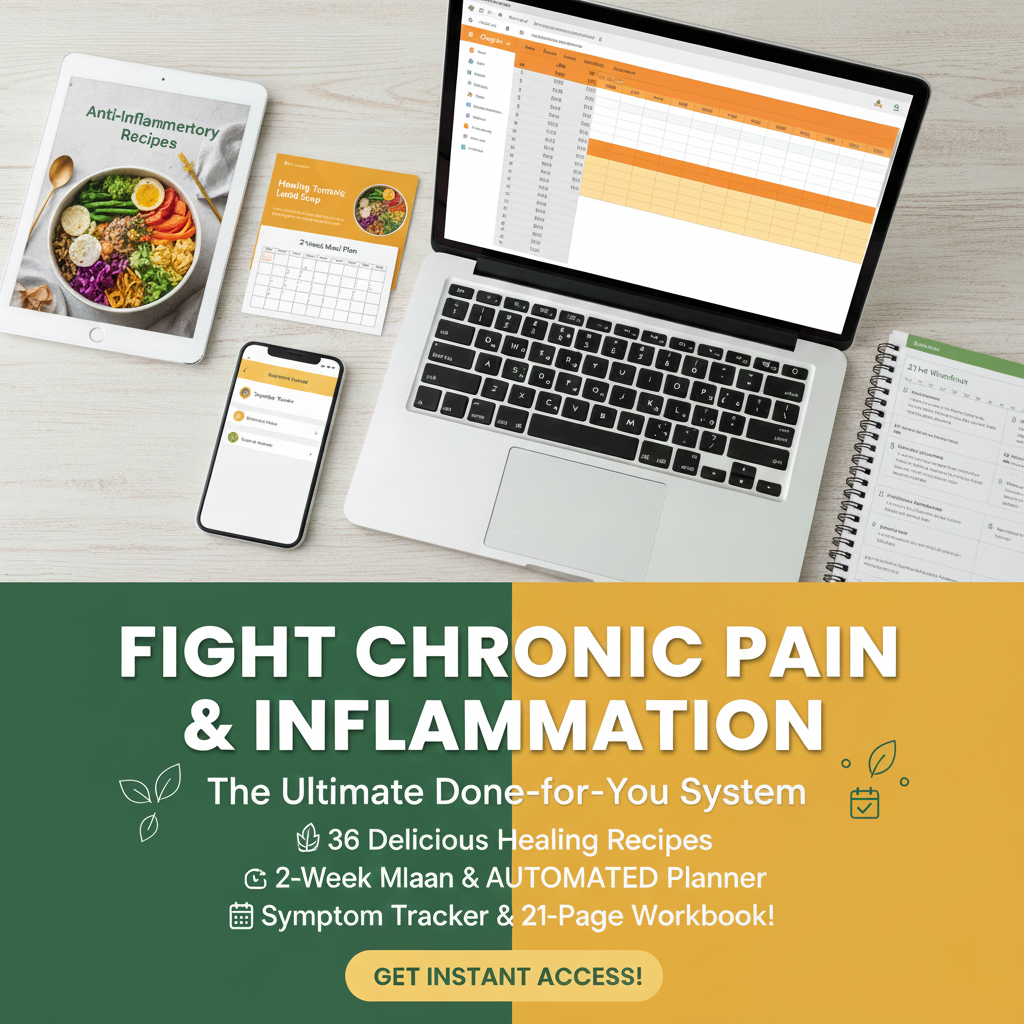
By following the AIP diet, individuals can help decrease inflammation. This can heal their autoimmune conditions. The diet is meant for short-term use, but it’s an effective way to manage symptoms and feel better.
AIP Diet Approved Vegetables and Herbs
Vegetables and herbs are very important in the AIP diet for health and wellness. They are full of important nutrients. They help make the diet rich in plants.

The AIP diet suggests eating up to 9 servings of vegetables daily. This ensures you get lots of nutrients. Approved veggies include artichoke, arugula, asparagus, and avocado. Others are beets, broccoli, and Brussels sprouts. These vegetables are full of vitamins, minerals, and antioxidants.
The AIP diet also uses herbs and spices to make food tastier and healthier. You can use basil, ginger, garlic, mint, parsley, and turmeric. For instance, ginger helps reduce inflammation. Turmeric is also great for its anti-inflammatory benefits.
By sticking to the AIP diet, you get to enjoy many tasty meals. This focus on plants means you get lots of phytonutrients and fiber. These help with your health and healing.
Benefits of AIP Diet Vegetables and Herbs:
“Vegetables and herbs in the AIP diet provide many phytonutrients and fiber. They improve your overall health and aid in healing.”
The phytonutrients in these foods have lots of health benefits. They work as antioxidants. This helps lower inflammation and stress in the body. Antioxidants are vital for a healthy immune system and fighting chronic diseases.
Fiber, which is plentiful in vegetables, is important for digestion. It helps keep bowel movements regular and supports a healthy gut. It also helps with weight management. Adding fiber-rich veggies to your AIP diet boosts digestion and nutrient intake.
The AIP diet focuses on getting lots of vegetables and herbs. These foods are key for healing and maintaining good health with their nutrients and fiber.
AIP Diet Approved Fruits
Fruits are great on the AIP diet because they’re full of fiber and antioxidants. Eating different fruits gives you vital nutrients and boosts your health. But, it’s key to not go overboard with them because they have natural sugars. Here are some AIP-approved fruits:
- Apples
- Apricots
- Berries
- Cherries
- Citrus fruits
- Coconut
- Dates
- Grapes
- Kiwi
- Mango
- Melons
- Peaches
- Pears
- Pineapple
- And more
These fruits offer a mix of tastes and textures. They’re great for making AIP-friendly dishes. Try to pick fruits with a low glycemic index when you can. And, change how much fruit you eat based on what you like and your health needs.
Fiber-Rich and Antioxidant Benefits
Fruits are packed with dietary fiber. This is super important for keeping your digestive system working right. Fiber helps you stay regular and can ease digestion problems that people with autoimmune diseases often face. Fruits also have antioxidants. These protect your body from damage and lessen inflammation.
“Adding different kinds of fiber-rich and antioxidant-loaded fruits to your AIP diet is great for your health.” – Dr. Elizabeth Morgan, Registered Dietitian
Try to eat the right amount of fruit each day. The right amount varies from person to person and at different times on your AIP diet. Talk to a doctor or dietitian to figure out the best fruit plan for you.
| Fruit | Recommended Serving Size |
|---|---|
| Apples | 1 medium |
| Berries (strawberries, blueberries, raspberries, etc.) | 1 cup |
| Citrus fruits (oranges, grapefruits, lemons, limes, etc.) | 1 medium |
| Melons (watermelon, cantaloupe, honeydew, etc.) | 1 cup cubed |
| And more | Based on individual preferences and needs |
AIP Diet Approved Proteins
High-quality animal proteins are key in the AIP diet. They bring essential minerals, healthy fats, and energy. This helps with healing and improves your overall health. Aim for proteins like grass-fed beef, pasture-raised chicken, and wild-caught fish. These are the best choices.
There are many proteins you can eat on the AIP diet. Here are some you can include:
- Beef
- Bison
- Chicken
- Duck
- Fish
- Lamb
- Pork
- Shellfish
- Turkey
- Venison
Bone broth and organ meats are also good to have on the AIP diet. They add more nutrients that help the body heal and stay strong.
Adding these AIP-approved proteins to your meals is smart. It helps your body get what it needs to heal without hurting your health.
“Choosing high-quality animal proteins is a key component of the AIP diet. These foods provide essential nutrients and support your body’s healing journey.” – Dr. Sarah Ballantyne
Mixing different AIP-approved proteins in your meals makes eating fun. It also ensures you get a good mix of nutrients. Next, we’ll look at a summary of common AIP-approved proteins:
| Protein Source | Notes |
|---|---|
| Beef | Grass-fed and pasture-raised beef is recommended. |
| Bison | Opt for grass-fed bison. |
| Chicken | Pasture-raised chicken is a great option. |
| Duck | Choose wild or pasture-raised duck. |
| Fish | Wild-caught fish, such as salmon and sardines, are excellent choices. |
| Lamb | Grass-fed and pasture-raised lamb is recommended. |
| Pork | Opt for pasture-raised pork. |
| Shellfish | Fresh and wild-caught shellfish, like shrimp and crab, are permitted. |
| Turkey | Pasture-raised turkey is a delicious choice. |
| Venison | Grass-fed and wild-caught venison is recommended. |
| Bone Broth | Homemade bone broth from high-quality animal bones is allowed. |
| Organ Meats | Include nutrient-rich organ meats like liver, heart, and kidneys in your diet. |
AIP Diet Approved Fats
Healthy fats are vital in the AIP diet. They help with inflammation, nutrient absorption, and feeling full. Adding these fats to your meals aids in your health journey and healing process.
Here are some approved fats in the AIP diet:
- Avocado oil: This heart-healthy oil is full of good fats and makes your food creamy and smooth.
- Beef tallow: Made from grass-fed beef, it’s a tasty fat that enriches your cooking.
- Chicken fat: Known as schmaltz, it adds flavor and moisture to your dishes.
- Coconut oil: It’s packed with medium-chain triglycerides, offering a favorable and flexible fat choice.
- Olive oil: Essential to the Mediterranean diet, it fights inflammation and provides a unique taste.
Adding these fats to your meals makes them tastier and healthier. They make your AIP diet both balanced and beneficial. Try different mixes and cooking ways to make meals that help you feel good.
On the AIP diet, it’s important to pick high-quality ingredients. Go for organic, cold-pressed, and unrefined fats when you can. Remember, even though fats are good for you, they should be eaten in moderation due to their high calorie count. Talking to a health expert or a dietitian can help you adjust the diet to fit your needs.
“Healthy fats are tasty and crucial for controlling inflammation and supporting health.”
AIP Diet Approved Pantry Staples
When on the AIP diet, the right pantry staples are key. They make your meals flavorful and keep them within the diet’s guidelines. Here are some top picks to keep you on your AIP path.
Natural Sweeteners:
Coconut sugar and honey are great sugar alternatives. They add sweetness without causing inflammation. To keep to the AIP diet, use them in moderation.
Gluten-Free Flours:
Coconut flour and arrowroot starch offer gluten-free baking solutions. Coconut flour brings a sweet, light texture to your baked goods. Arrowroot starch works as a thickener in sauces, making them richer.
Fruit and Nut Options:
Unsweetened dates and raisins are perfect for natural sweetness or a snack. Also, a mix of nuts (but not almonds) adds healthy fats and proteins to your meals. They’re great for quick, nutritious snacking.
Condiments and Vinegars:
Apple cider vinegar is essential for the AIP diet. It gives your meals acidity and offers health benefits. Using it in dressings and marinades boosts your food’s taste while following AIP rules.
Alternative Starches:
Tapioca starch and tigernut flour are great substitutes for traditional grains. Tapioca thickens sauces and helps in baking. Tigernut flour adds a unique taste to pancakes and bread.
| Pantry Staple | Usage |
|---|---|
| Coconut sugar | As a natural sweetener |
| Honey | As a natural sweetener |
| Coconut flour | For baking purposes |
| Arrowroot starch | As a thickening agent |
| Dried fruit | As a natural sweetener or snack |
| Unsweetened dates | As a natural sweetener or snack |
| Raisins | As a natural sweetener or snack |
| Nuts (excluding almonds) | As a source of healthy fats and protein |
| Apple cider vinegar | As a condiment or marinade |
| Tapioca starch | For thickening sauces and gravies |
| Tigernut flour | For baking purposes |
Foods Not Allowed on the AIP Diet
The AIP diet limits foods that could trigger autoimmune reactions. Avoid these foods to help your body heal. Here’s what you can’t eat on the AIP diet:
Gluten and Grains
Stay away from grains like amaranth, barley, and others because they contain gluten. Gluten may cause gut issues and make autoimmune problems worse.
Dairy Products
Don’t eat dairy on the AIP diet. It can disturb your digestion and cause inflammation. This includes products like milk, cheese, and yogurt.
Legumes
Legumes, such as beans and lentils, are off-limits. They have substances that could harm your gut health and inflame your body.
Nightshade Vegetables
Avoid nightshade veggies like tomatoes and peppers. They contain alkaloids, which might worsen your autoimmune symptoms and increase inflammation.
Nuts and Seeds
Nuts and seeds also need to be avoided. They can be hard to digest and might cause inflammation. This includes all kinds of nuts and seeds.
Alcohol
Alcohol is not allowed. It can mess with your gut health, cause inflammation, and slow down healing.
Eggs
Eggs must be cut out, as they’re common allergens that can trigger autoimmune reactions. Some might reintroduce eggs later if they don’t cause issues.
Additives and Sugars
Stay away from artificial additives, preservatives, and added sugars. They can make symptoms worse and block healing.
Certain Drugs
Some drugs might not work well with the AIP diet or could make symptoms worse. Always talk to a health professional about your meds.
By cutting out these foods, you can help manage autoimmune issues and heal your body. Remember, reactions to these foods can differ from person to person. It’s wise to work with a health expert or nutritionist for a plan that meets your needs.
Who is the AIP Diet For?
The AIP diet is meant for folks with autoimmune diseases. This includes rheumatoid arthritis, Crohn’s disease, celiac, lupus, and psoriasis. It’s aimed at fixing the inflammation that fuels these conditions, helping the body heal.
People with autoimmune diseases often face chronic inflammation. This can lead to a mix of symptoms and health issues. The AIP diet fights the core of autoimmune conditions, reducing inflammation. This can make people feel better and boost their health.
Not just for those with autoimmune issues, the AIP diet also helps anyone struggling with inflammation. Or for those wanting to better their gut health and immunity. It focuses on foods rich in nutrients while cutting out inflammatory triggers. This approach aids the body’s healing and supports healthy digestion.
Still, the AIP diet isn’t one-size-fits-all. Always talk to a healthcare provider or a dietitian before trying new dietary changes. This is crucial if you have health problems or are on medications.
AIP Diet Recipe Ideas
You don’t need to give up taste or variety on the AIP diet. There are a lot of tasty, AIP-friendly recipes. They help you enjoy foods rich in nutrients while you stay true to your diet goals. Here are some AIP recipe ideas to get you started:
- AIP Nomato Sauce: This sauce is great for AIP dishes but has no tomatoes. It’s made from beets, carrots, and other veggies. It adds a tangy, bright flavor to any meal. Get the full recipe at: Heal me delicious
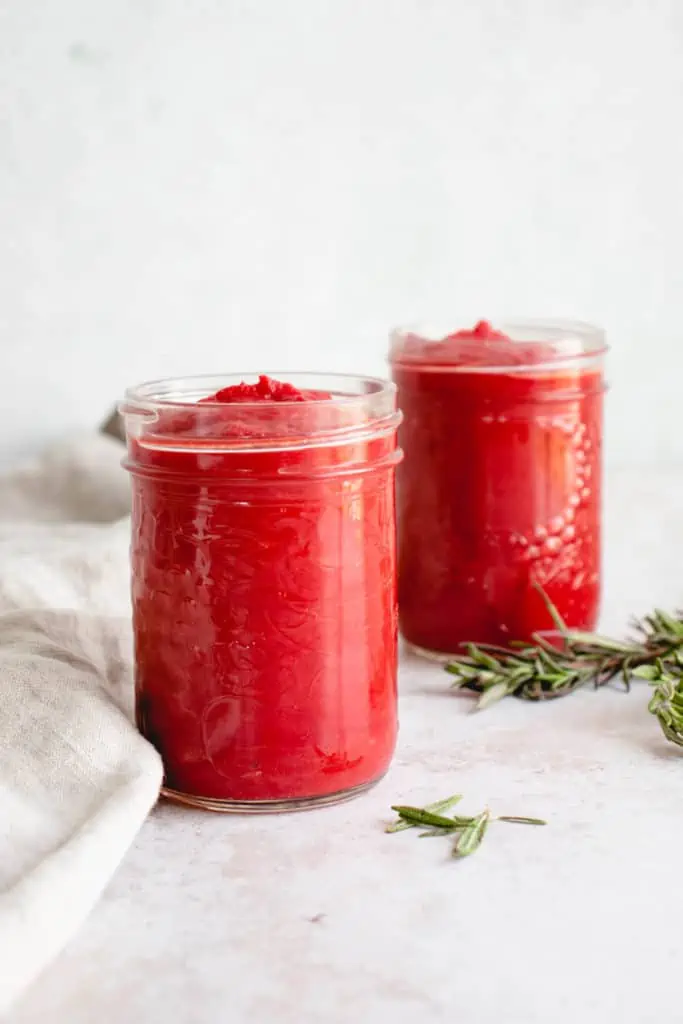
2. AIP Breakfast Tapioca Porridge: Begin your morning with this warm, satisfying porridge. It uses coconut milk, tapioca, and safe fruits. It’s a cozy, nutritious way to start the day. Get the full recipe at: SweetTreats

3. Apple Fennel Casserole with a Coconut-Turmeric Twist: This dish combines apple, fennel, coconut, and turmeric. It’s a sweet and savory casserole. It’s a tasty way to add more nutrient-rich ingredients to your diet. Get the full recipe at: food52.com
/f4349c49-89c2-4d8e-b848-01e79a5d338c--apple_fennel_casserole_1-1024x682.jpg)
4. Savory Sweet Potato Fries: Want fries? Try making them with sweet potatoes and bake them with spices. These fries are a tasty, healthier choice and they’re full of flavor. Get the full recipe at: unboundwellness.com
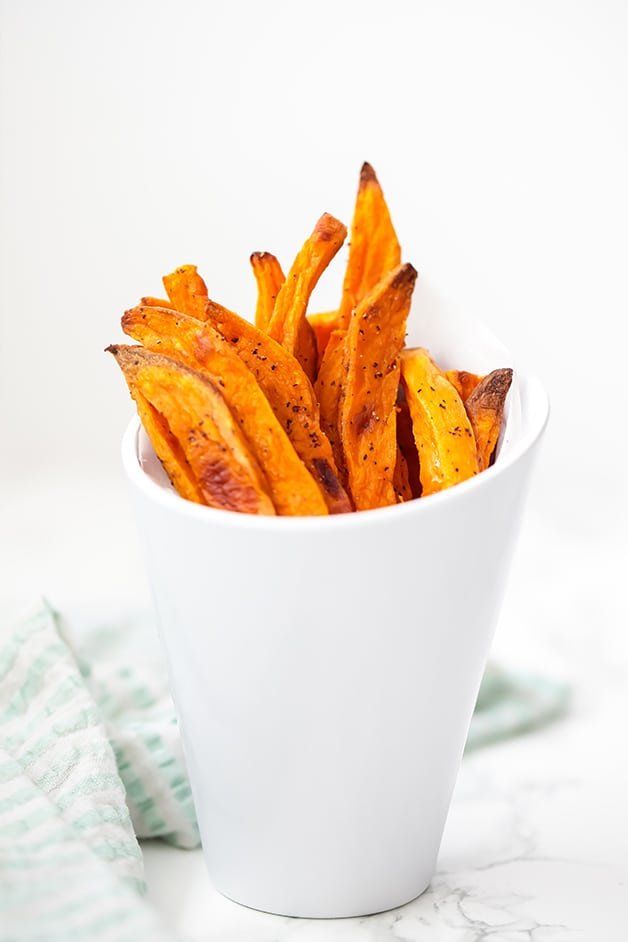
5. Coconut Crusted Taro Fries: For a different fry option, try these taro fries with a coconut crust. They are baked until crispy. Enjoy them as a side dish or a yummy snack. Get the full recipe at: Allrecipes
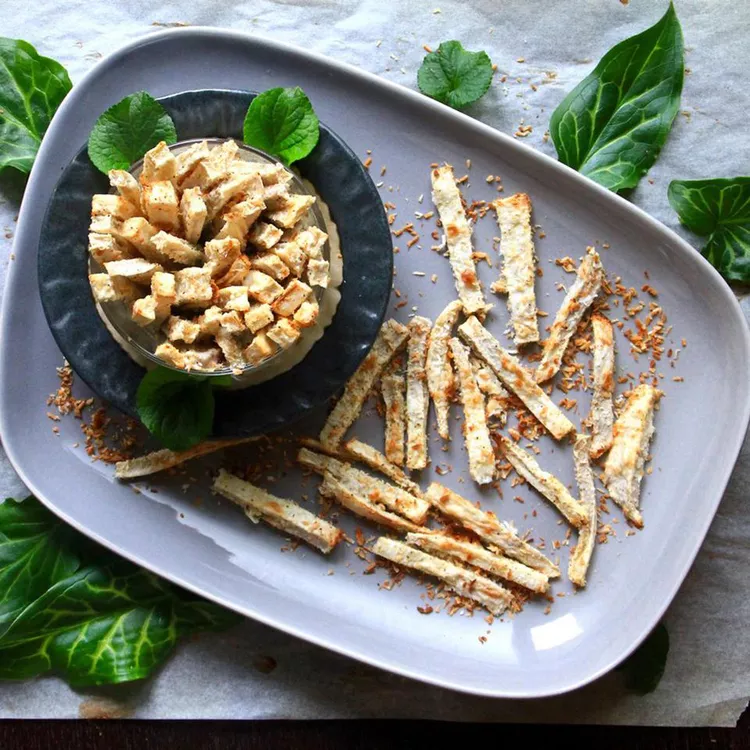
6. AIP Avocado Mayo: Make your own AIP mayo with avocados. This homemade mayo is creamy and tasty. It’s great on salads, sandwiches, and more. Get the full recipe at: Manifest2Heal
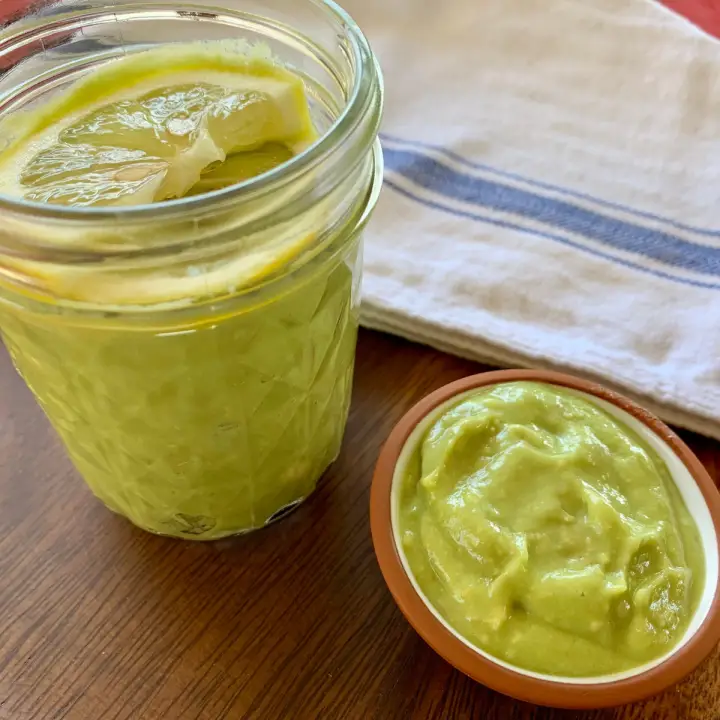
7. Roast Chicken with Rosemary: Try roast chicken the AIP way. Use AIP herbs like rosemary to season the bird. Then roast it until it’s golden. It makes for a comforting, wholesome meal. Get the full recipe at: alightwithhealing.com

8. Easy Roasted Broccoli: Make broccoli exciting with this easy recipe. Mix broccoli with olive oil, garlic, and safe seasonings. Roast until it’s tender and a bit crispy. It’s a tasty, nutrient-packed side. Get the full recipe at: whitsfoodfit.com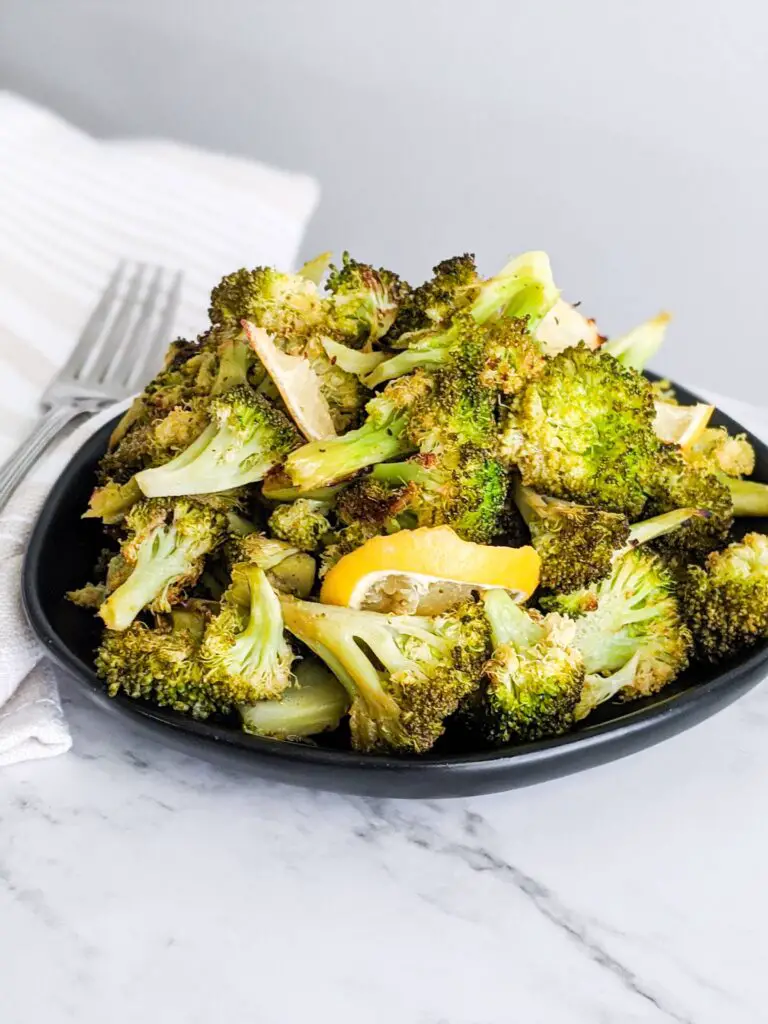
9. AIP Chicken & Vegetable Soup Recipe
10. AIP Coconut Cauliflower Fried Rice
11. AIP Honey Meatballs
Get the full recipe at: healmedelicious.com

These ideas are just the start for those on the AIP diet. You can look up more online, in cookbooks, or play with your favorite ingredients. Make sure to adjust recipes to meet your own AIP diet needs and tastes.
FAQ
What is the AIP diet?
The AIP diet stands for Autoimmune Protocol. It’s a plan aimed at reducing body inflammation. It helps people with autoimmune diseases heal.
What foods are allowed on the AIP diet?
You can eat many foods on the AIP diet. This includes vegetables, fruits, good animal proteins, fats, and some pantry items like apple cider vinegar and coconut flour.
What foods are not allowed on the AIP diet?
On the AIP diet, you avoid foods like gluten, grains, and dairy. Also, legumes, nightshades, nuts and seeds, alcohol, eggs, additives, sugars, and some drugs are off-limits.
Who is the AIP diet for?
It’s designed for those with autoimmune issues like rheumatoid arthritis and lupus. It’s also good for anyone wanting to boost their gut health and immunity.
Are there any recipe ideas for the AIP diet?
Absolutely, there are plenty of yummy AIP-friendly recipes. Try dishes like AIP Nomato Sauce and Coconut-Turmeric Apple Fennel Casserole. Also, AIP Avocado Mayo, Savory Sweet Potato Fries, and Roast Chicken with Rosemary are great choices.
Where can I find additional support and information on the AIP diet?
For more help, check out the Paleo Mom blog by Sarah Ballantyne. It has guides, meal plans, and shopping lists. Allrecipes also has tasty AIP diet recipes to get you started.
How can the AIP diet promote healing?
The diet cuts out food triggers and focuses on nutrient-rich foods. This supports your immune system, lessens inflammation, and helps heal autoimmune conditions.

